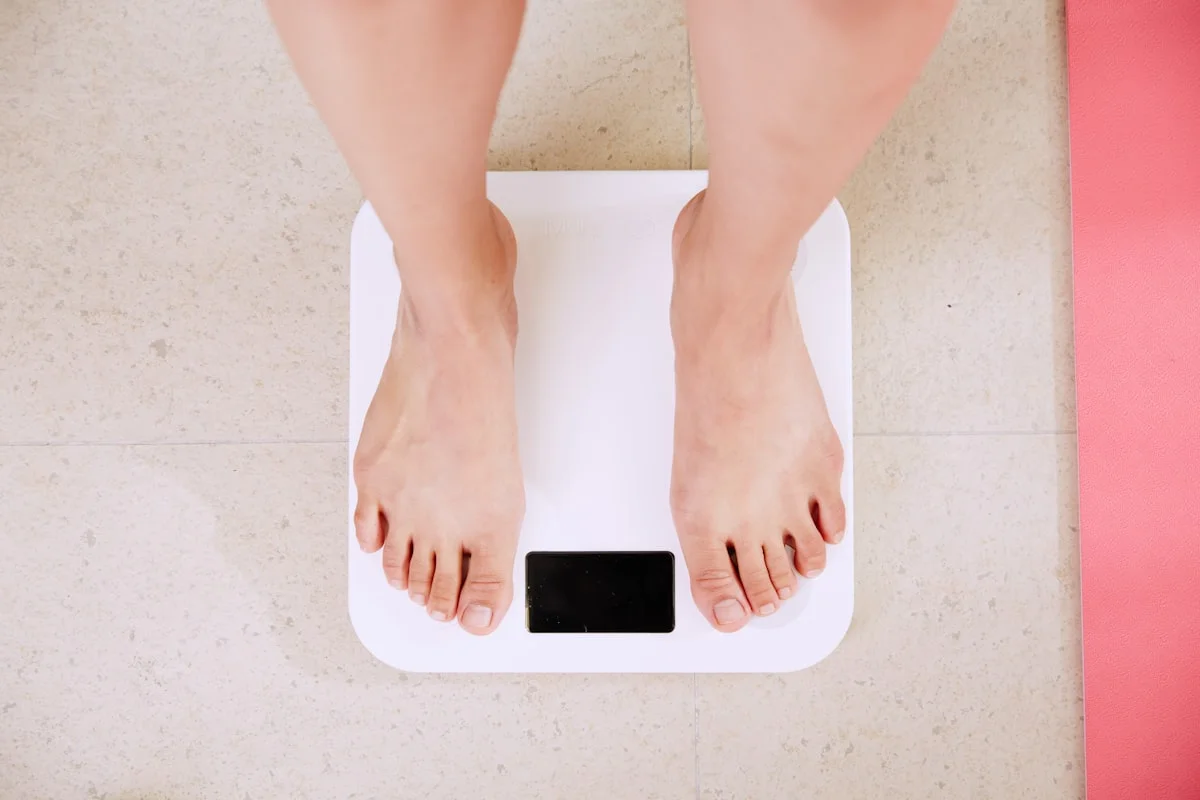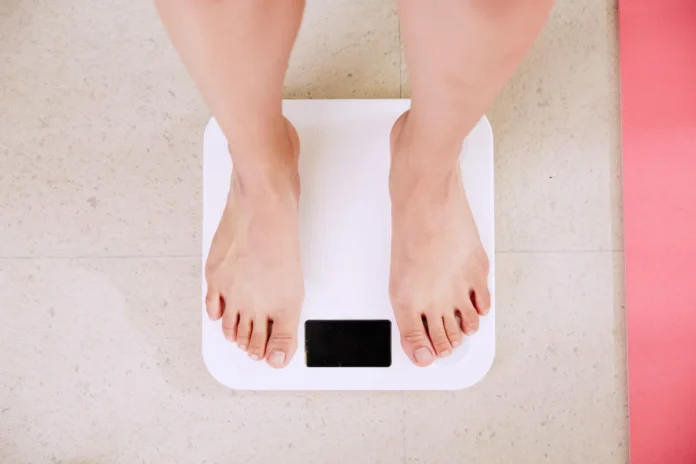“`html
Understanding Lithium Side Effects Weight Gain
Lithium is a widely prescribed medication for managing bipolar disorder and other mental health conditions. While it can be highly effective in stabilizing mood, many patients report experiencing weight gain as a side effect. This article explores the connection between lithium and weight gain, why it happens, and what you can do to manage it effectively.

Why Does Lithium Cause Weight Gain
Lithium can contribute to weight gain through several mechanisms. One of the primary reasons is that it may increase thirst, leading to higher consumption of high-calorie beverages. Additionally, lithium can slow down metabolism, making it harder for the body to burn calories efficiently. Some studies suggest that lithium may also alter insulin sensitivity, which can contribute to weight fluctuations.
Another factor is that lithium can sometimes cause fatigue or lethargy, reducing physical activity levels. When combined with increased appetite—another possible side effect—this can create a cycle that promotes weight gain. It’s important to note that not everyone taking lithium will experience significant weight changes, but those who do should discuss it with their healthcare provider.
How Common Is Weight Gain with Lithium
Research indicates that weight gain is a relatively common side effect of lithium, affecting a notable percentage of users. Some studies suggest that up to 20-25% of people taking lithium may experience moderate to significant weight gain over time. The extent of weight gain can vary depending on factors such as dosage, duration of use, and individual metabolic differences.
For some individuals, the weight gain may be gradual, while others might notice changes within the first few months of treatment. Monitoring weight regularly and maintaining open communication with a doctor can help in managing this side effect before it becomes a major concern.
Managing Weight While Taking Lithium
If you’re concerned about lithium-related weight gain, there are several strategies you can adopt to help manage it. First, maintaining a balanced diet rich in whole foods, lean proteins, and fiber can help regulate appetite and prevent excessive calorie intake. Reducing sugary drinks and opting for water or herbal teas can also make a difference.
Regular physical activity is another key factor. Even moderate exercise, such as walking or yoga, can help counteract metabolic slowdown and improve overall well-being. Consulting a nutritionist or dietitian who understands psychiatric medications can provide personalized guidance tailored to your needs.
When to Talk to Your Doctor
If you notice significant weight gain while taking lithium, it’s important to discuss it with your healthcare provider. Sudden or excessive weight changes could indicate other underlying health issues, such as thyroid dysfunction, which lithium can sometimes affect. Your doctor may adjust your dosage, suggest alternative medications, or recommend additional tests to rule out other causes.
Never stop taking lithium abruptly without medical supervision, as this can lead to serious mood instability. Instead, work with your healthcare team to find a solution that balances mental health benefits with manageable side effects.
Alternative Treatments and Considerations
For those who find lithium-induced weight gain particularly challenging, alternative mood stabilizers may be an option. Medications like lamotrigine or valproate might have different side effect profiles, though they come with their own risks and benefits. A psychiatrist can help evaluate whether switching medications is appropriate based on your individual health history.
Lifestyle modifications, such as mindful eating and stress management techniques, can also play a role in minimizing weight fluctuations. Cognitive behavioral therapy (CBT) and other therapeutic approaches may help address emotional eating habits that could be exacerbated by medication-related appetite changes.
Final Thoughts on Lithium and Weight Gain
Lithium remains a cornerstone treatment for bipolar disorder, but its potential to cause weight gain is a valid concern for many patients. Understanding why this happens and taking proactive steps can help mitigate its impact. By working closely with healthcare providers, adopting healthy lifestyle habits, and staying informed, individuals can better manage this side effect while maintaining mental health stability.
If you’re struggling with lithium-related weight changes, remember that you’re not alone—many others face similar challenges. Seeking support from medical professionals, support groups, or mental health communities can provide valuable insights and encouragement on your journey.
“`



